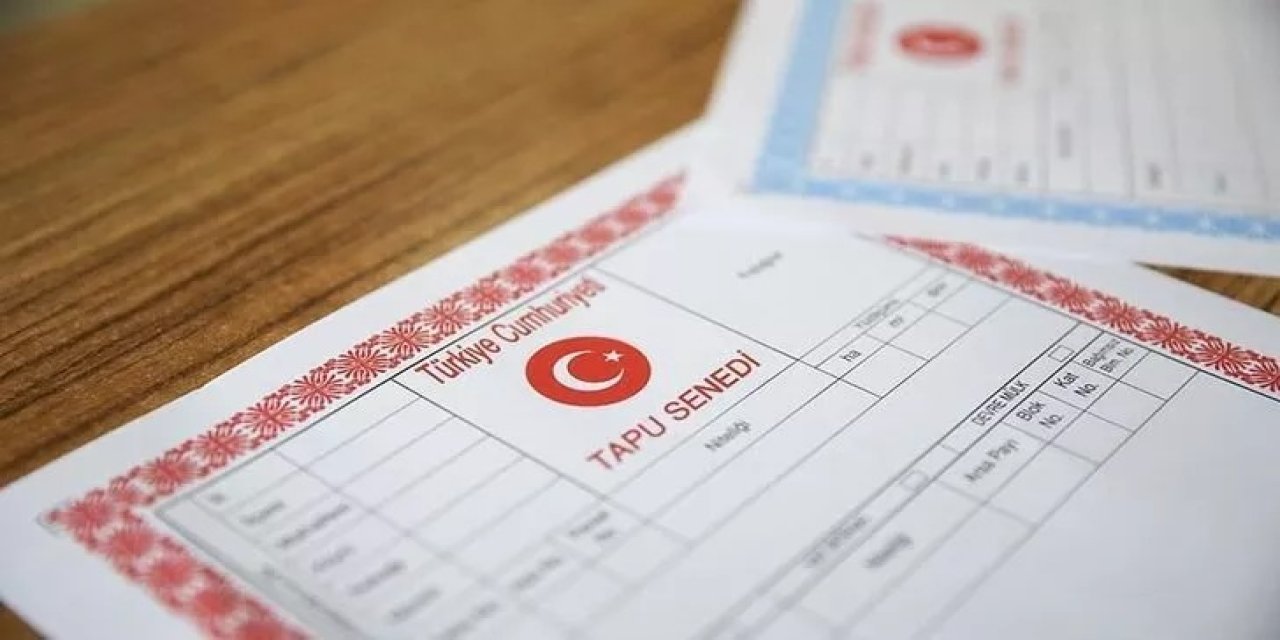Buying a house in Turkey from Australia

Buying a house in Turkey from Australia is an exciting opportunity for individuals looking to invest in a vibrant real estate market that bridges Europe and Asia. Turkey offers diverse property options, from luxurious seaside villas along the Mediterranean and Aegean coasts to modern apartments in bustling cities like Istanbul and Ankara.
For Australian buyers, the process is relatively straightforward, thanks to Turkey’s foreign-friendly property laws and a robust legal framework for international transactions. Key considerations include engaging a reputable real estate agent familiar with Turkish regulations, conducting due diligence on the property, and understanding the financial requirements, such as transfer taxes, title deed fees, and potential currency exchange fluctuations.
Buyers will also need a Turkish tax number and a local bank account to complete the purchase. Many Australians are drawn to Turkey for its affordability compared to other international markets, rich cultural heritage, and potential for rental income, particularly in tourist hotspots. Whether for personal use, holiday retreats, or long-term investment, owning property in Turkey can provide Australians with a unique blend of lifestyle benefits and financial opportunities.

Buying a property in Turkey from Australia is a straightforward process, provided you follow the required steps and seek professional assistance where necessary. Start by researching the Turkish real estate market to understand the regions and property types that suit your needs—popular areas for foreign buyers include Istanbul, Antalya, Bodrum, and Fethiye.
Once you’ve identified your preferred location, work with a reputable real estate agent who has experience dealing with international buyers. A reliable agent can help you find suitable properties, negotiate on your behalf, and guide you through the buying process. You’ll also need to hire a Turkish lawyer to ensure the property has a clean title deed (Tapu) and verify that it is free from legal disputes or debts. To facilitate the transaction, you must obtain a Turkish tax number, open a local bank account, and ensure your funds are ready for transfer.
After selecting a property, you’ll sign a sales agreement detailing the price, payment schedule, and terms of the sale, usually requiring a deposit of 10–20%. The final step is transferring ownership at the Land Registry Office, where the title deed will be registered in your name upon payment of the full purchase price and associated fees. With careful planning, due diligence, and the help of experienced professionals, buying a property in Turkey from Australia can be a smooth and rewarding experience, whether for investment, holiday use, or relocation.
Buying a property in Turkey from abroad may seem complex, but by breaking it down into three simple steps, the process becomes much more manageable. From exploring potential properties online to delegating legal responsibilities and managing financial transactions, these steps ensure a smooth and secure property purchase experience.

An online property tour is an excellent way to explore and evaluate properties in Turkey from the comfort of your home. This option allows you to virtually visit potential homes through video calls, detailed property walkthroughs, or pre-recorded videos shared by real estate agents. During the tour, you can assess the property’s layout, condition, and surroundings while asking the agent specific questions about amenities, location, and legal documentation.
Online tours save time and travel expenses, making it easier to shortlist properties before committing to an in-person visit or purchase decision. By collaborating with a reliable and experienced real estate agent, you can ensure a comprehensive and transparent property viewing experience, even from miles away.

Granting power of attorney to a lawyer is a convenient and secure way to handle the legal aspects of buying a property in Turkey, especially if you cannot be present during the process. With power of attorney, your lawyer can act on your behalf to perform essential tasks such as verifying the property’s legal status, signing contracts, obtaining necessary permits, and registering the title deed.
This legal authorization ensures that every step is managed professionally and complies with Turkish regulations. It’s crucial to choose a trustworthy and experienced lawyer familiar with real estate transactions to safeguard your interests. The process of granting power of attorney is straightforward and typically requires a notarized document, which can be prepared in Turkey or at a Turkish consulate in your home country.

Transferring money when buying a property in Turkey is a crucial step that requires careful planning to ensure security and compliance with regulations. First, you’ll need to open a Turkish bank account, which is mandatory for property transactions. This account will serve as the recipient for your funds and allow you to pay associated fees, such as taxes and title deed costs.
To transfer money, you can use international bank transfers or work with a reliable currency exchange service to manage exchange rates and minimize fees. Make sure to document all transactions clearly, as Turkish authorities often require proof of funds’ origin to prevent fraud or money laundering. Consult with your bank and legal advisor to ensure the transfer process complies with Turkish laws and is completed smoothly.

Obtaining the title deed (Tapu) is the final and most critical step in purchasing property in Turkey, as it legally certifies your ownership. Once the full payment for the property has been made and all required documents are in order, the transfer of the title deed takes place at the local Land Registry Office. Both the buyer and seller, or their authorized representatives, must be present during this process.
The Land Registry Office will verify the sale agreement, check that all taxes and fees have been paid, and ensure the property has no outstanding debts. After these checks, the title deed is officially registered in your name, making you the legal owner. It’s essential to review the title deed carefully to confirm the details are correct, including your name, the property description, and any legal annotations. Working with a trusted lawyer can help ensure the process is completed smoothly and securely.












